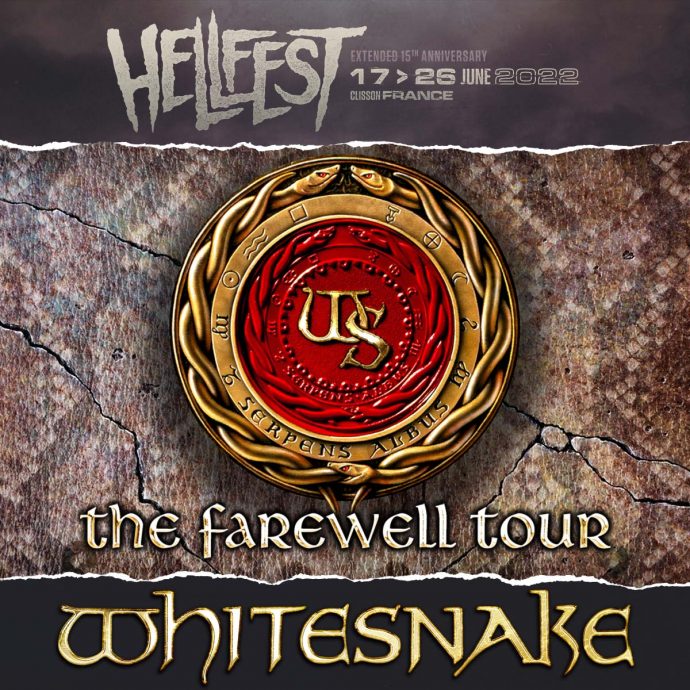The Final Bow: David Coverdale’s Swan Song
David Coverdale's retirement marks the end of an era in rock's storied history, a poignant farewell infused with authenticity and a rebellious spirit.


In the grand tapestry of rock ‘n’ roll, few figures have woven as rich and resonant a thread as David Coverdale. This week, with the air of a seasoned troubadour laying down his tales for the last time, Coverdale announced his retirement, a poignant coda to a career that defied gravity for more than half a century. As the frontman of Whitesnake and a key voice of Deep Purple, Coverdale wove stories of love, loss, and longing that will echo long after his final chord has faded into silence.
A Legacy Beyond the Limelight
Coverdale’s decision to step back is not just a passage into personal reflection but an invitation for us to look closer at the kind of music that no longer dominates our charts: the raw, unfiltered human experience. In a music industry where metric-driven predictability often reigns supreme, Coverdale’s authenticity was a meteor streaking across a starless sky. He didn’t just sing; he channeled the very essence of rock’s raucous spirit and tender heart.
How often today do we encounter artists who can claim such raw authenticity? How many dare to step onto a stage without the safety net of auto-tune and production pyrotechnics? Coverdale’s voice was his instrument — untamed, ferocious, and achingly sincere. It’s a reminder of what we’ve traded in the age of algorithms for spontaneity and sincerity.
More Than the Hits
To reduce David Coverdale’s impact to a mere list of hits is to miss the forest for the trees. Sure, “Here I Go Again” and “Is This Love” were anthems that climbed the charts, but they were more than that. They were rallying cries for anyone who’s ever dared to dream, to fall in love, to pick themselves up after being knocked down. They transcended their radio slots, embedding themselves in the cultural consciousness as emblems of a time when music had the power to transcend and transform.

Whitesnake wasn't just a band; it was a movement. And Coverdale wasn’t just a frontman; he was a cultural iconoclast, challenging the status quo with every note he belted out. Long before music turned into a digital commodity, there was magic in hearing a song for the first time on a crackling FM radio or seeing an artist live, without a filter or a screen to mediate the experience.
The Real Farewell
In wrapping up his final tour at Hellfest in France, Coverdale left us not with a swan song but with a vision of what rock music can and should be. It’s about the grit beneath the glamour, the soul beneath the riff. As he hangs up his rock ‘n’ roll shoes, it's a moment not only to celebrate but also to question what comes next in a landscape where danger and defiance are in short supply.
David Coverdale’s farewell is a call to arms. The industry may shift and change, but the need for real, visceral, dangerous music is eternal. As we bid farewell to this titanic figure, we must keep that flame alive, not just for nostalgia's sake, but because the world still needs its rebels, its poets, its rock gods. And in the void left by Coverdale’s departure, let us find the courage to champion authenticity in an age of artifice.





